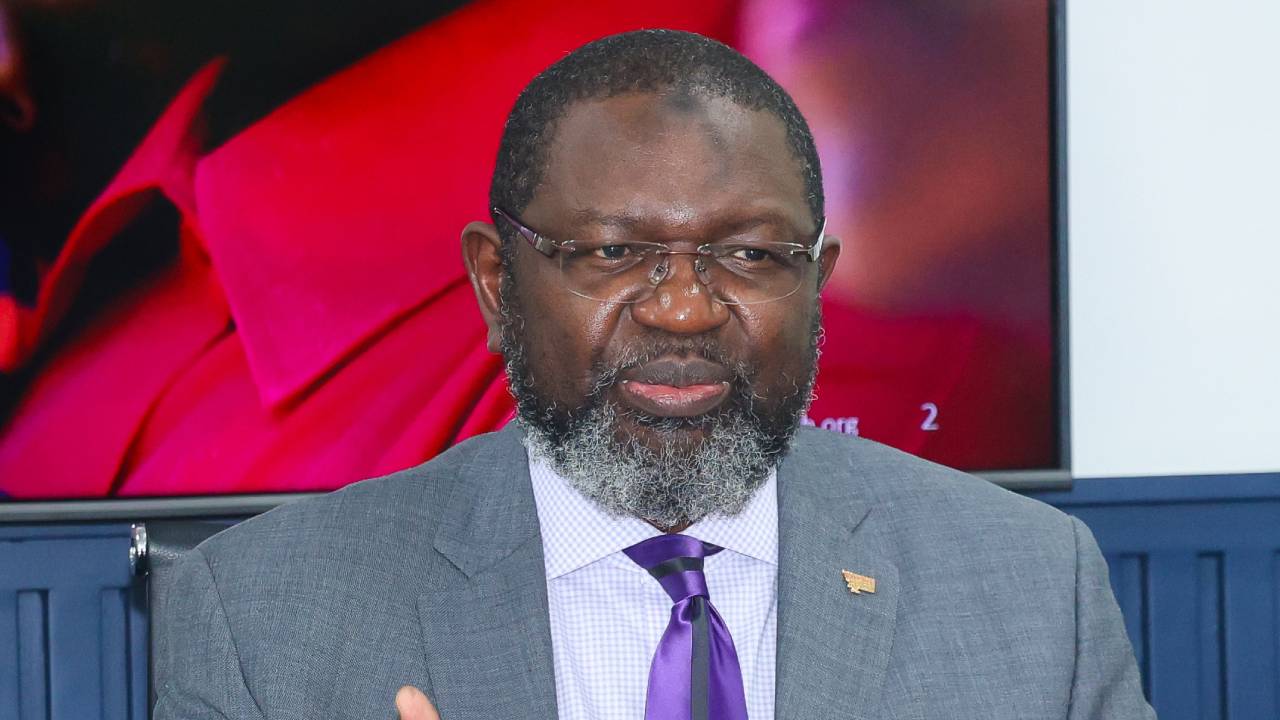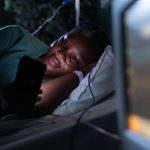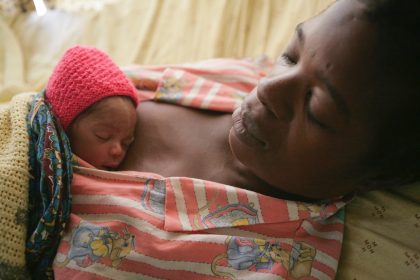With 615 million Africans still cut off from basic care and aid flows shrinking, Dr Ahmed Ogwell is recharting VillageReach’s course—putting countries in the driver’s seat, speeding up delivery, and backing frontline systems that bring healthcare home.
At a media breakfast held earlier today in Nairobi, Dr Ahmed Ogwell, the newly appointed CEO and President of VillageReach, offered a sobering yet hopeful reflection on the state of global health—anchored in hard-earned lessons, real progress, and the persistent gaps that demand urgent attention.
A veteran in public health with over 30 years of experience, Dr Ogwell is best known for his leadership at the Africa Centres for Disease Control and Prevention, where he served as Deputy Director General and later Acting Director. His career also spans senior roles at the World Health Organization and Kenya’s Ministry of Health.
Now leading VillageReach, a global non-profit dedicated to strengthening health systems in underserved communities, Dr Ogwell is clear-eyed about what it will take to deliver real change: persistence, proximity, and a radical rethink of how development is done.
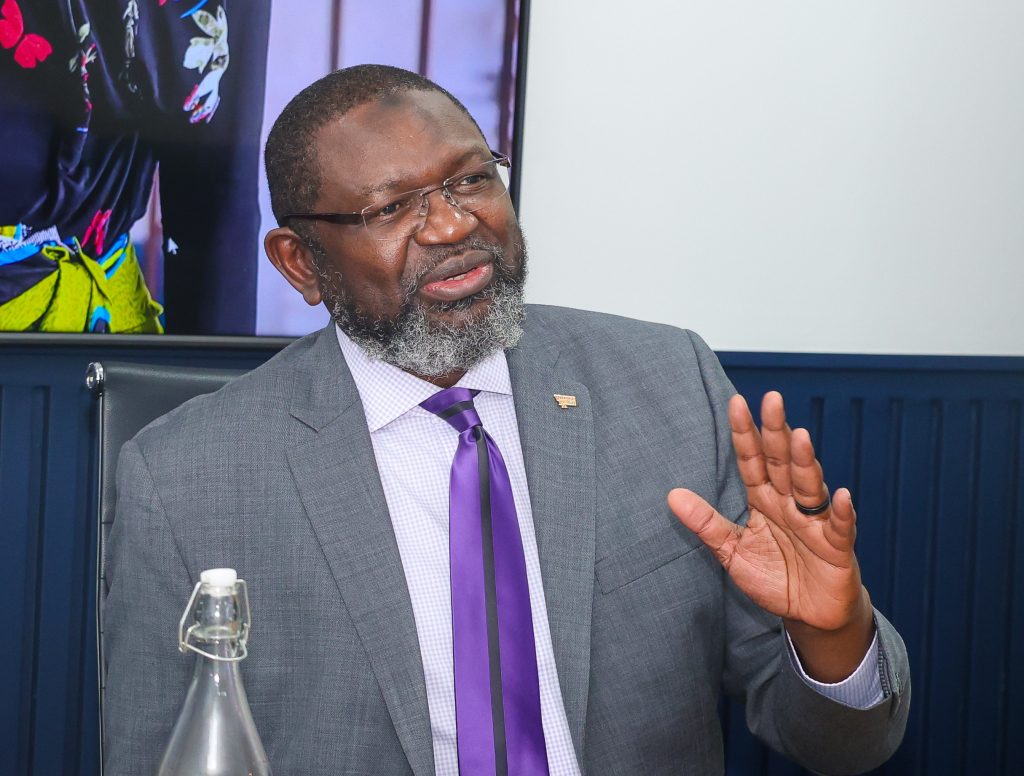
“We are not lacking in ideas,” he said, challenging traditional models. “What we need is innovation in delivery. The real work starts with the most vulnerable—improving dispensaries and health centres must come before everything else.”
Reflecting on his time in Kenya’s Ministry of Health, Dr Ogwell recalled establishing diabetes clinics in seven provinces with support from the World Diabetes Forum. “Talking is good, but doing is better,” he said. It was a theme he returned to repeatedly—how the world has struggled to carry forward lessons from the pandemic, especially the power of local production and community ownership.
He shared a memory that still frustrates him: receiving face masks from China at 3 a.m. during the pandemic. “Months later, we were manufacturing PPEs in Africa. That’s the power of local capacity,” he said.
Central to his message was a call for countries to reclaim their leadership in health. “We must stop waiting to be told what to do. Act with urgency. Own the solutions. If communities feel something is theirs, they will embrace it.”
Despite increased health budgets in many African countries, key health indicators remain flat. More than 615 million people on the continent still lack access to basic care, and cuts in Official Development Assistance (ODA) are pushing already stretched systems to the brink.
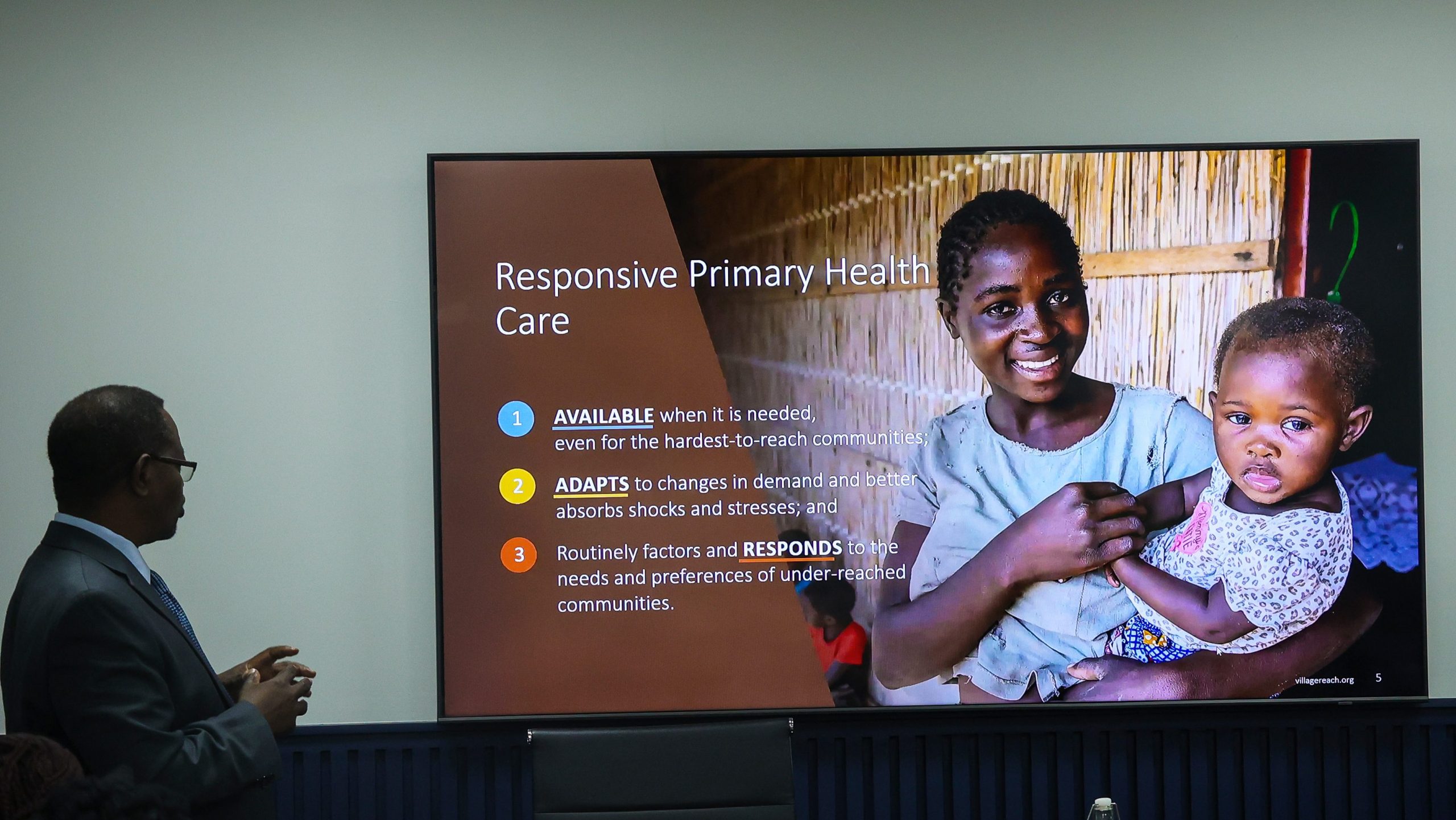
Under his leadership, VillageReach aims to be a responsive and reliable partner to governments, with a laser focus on delivering value for money. “We focus on delivering more health per dollar,” he said. “But more importantly, we aim to meet people where they are.”
His priorities include strengthening the health workforce—with the right skills, numbers, and tools—alongside deeper community engagement, sustainable systems, and stronger coalitions. But policy, he stressed, is the linchpin. “Persistent engagement with policymakers changes mindsets,” he said. “We need to present data in ways that resonate—nationally and locally.”
He also criticised the duplication of efforts by NGOs and donors, calling it a failure to coordinate at the doorstep of government. “Resources are finite. If we share them, they’ll go further,” he said. “We cannot change everything overnight, but government must lead. If it is firm, NGOs and donors will align.”
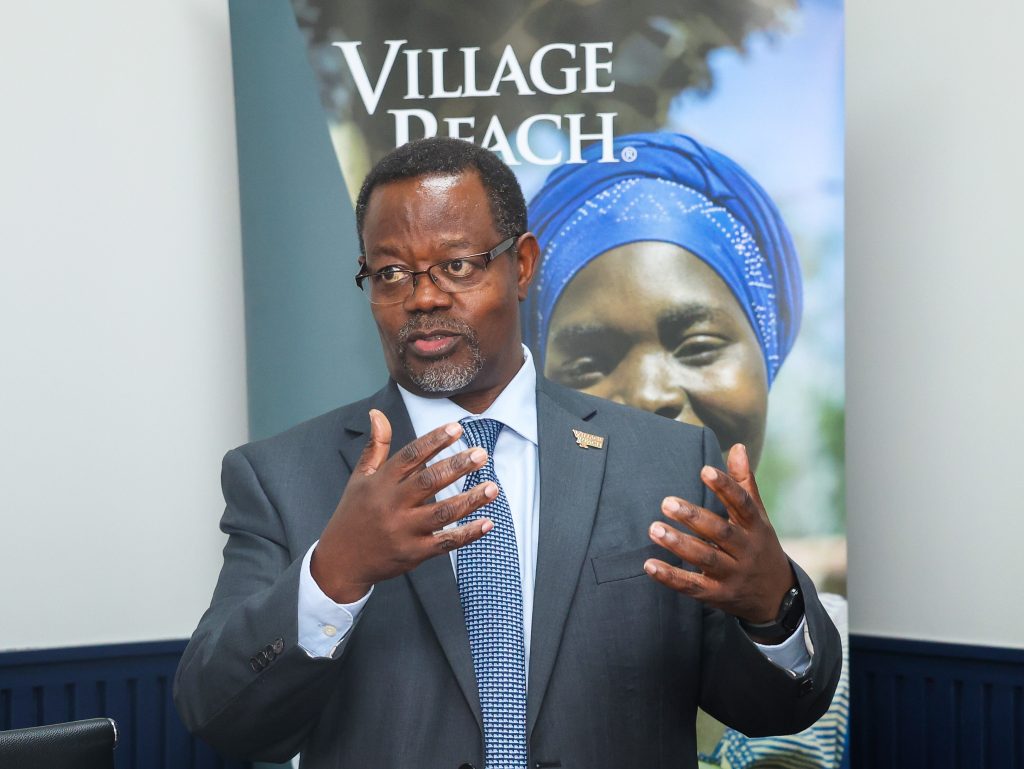
Dr Bannet Ndyanabangi, Vice President of Global Programs at VillageReach, reinforced this message, calling for smarter, more targeted investment. “We must pursue more health for money—by streamlining efforts, reducing fragmentation, and investing directly in communities and systems,” he said. “Efficiency and accountability are not just financial goals. They are essential if we want to reach the underserved.”
Dr Ogwell closed with a quiet urgency. “We can’t afford to wait for another crisis to tell a good story,” he said. “Healthcare delivery is not just a cost—it’s a development investment.”
As he steps into this new chapter at VillageReach, Dr Ogwell brings a steady hand, sharp clarity, and a deeply rooted belief: that equitable healthcare is not a far-off ideal, but a fight worth leading from the front.



